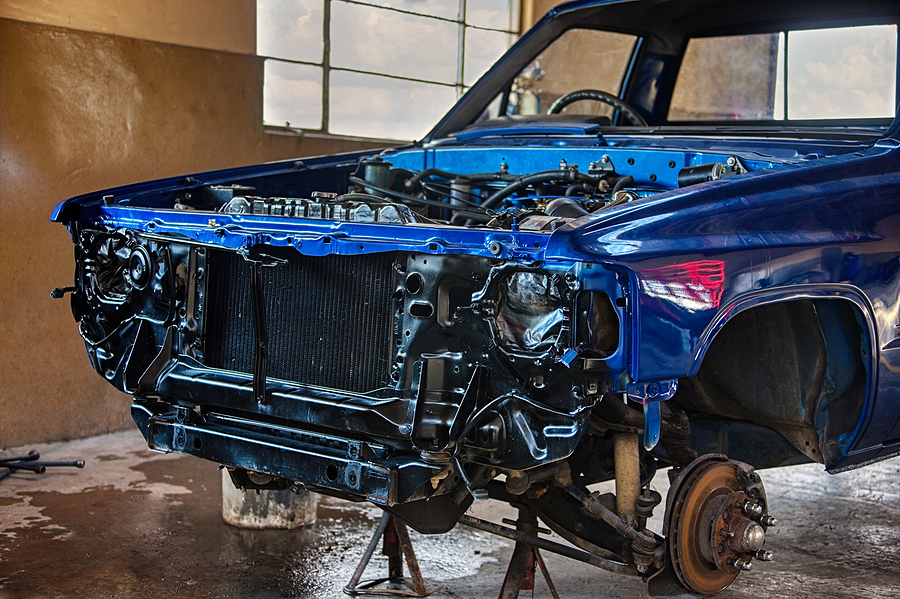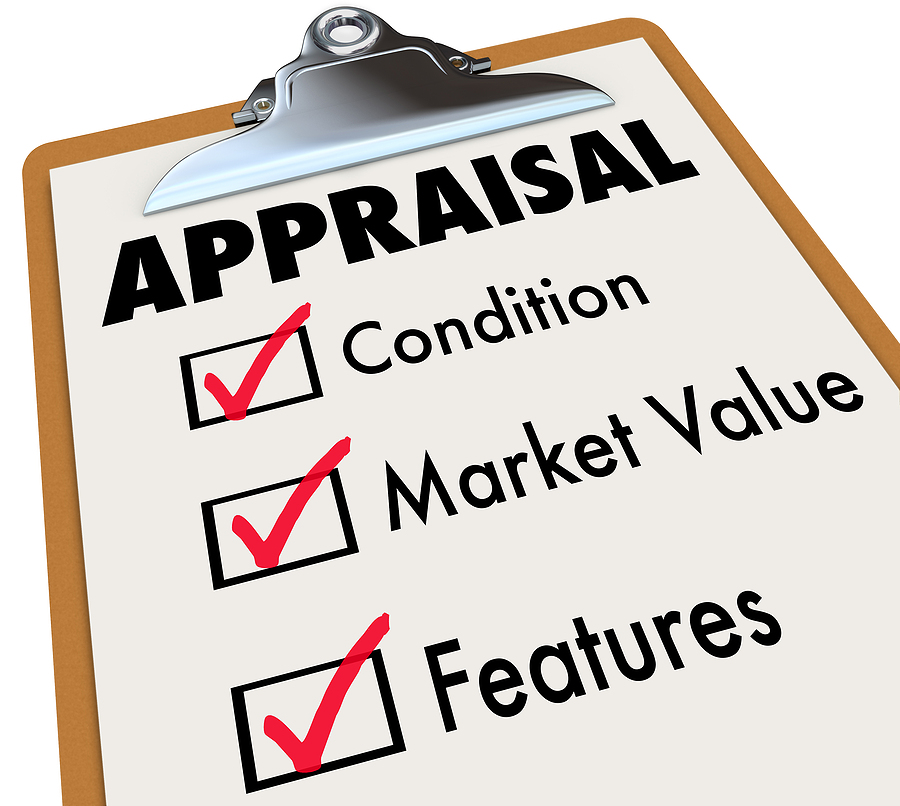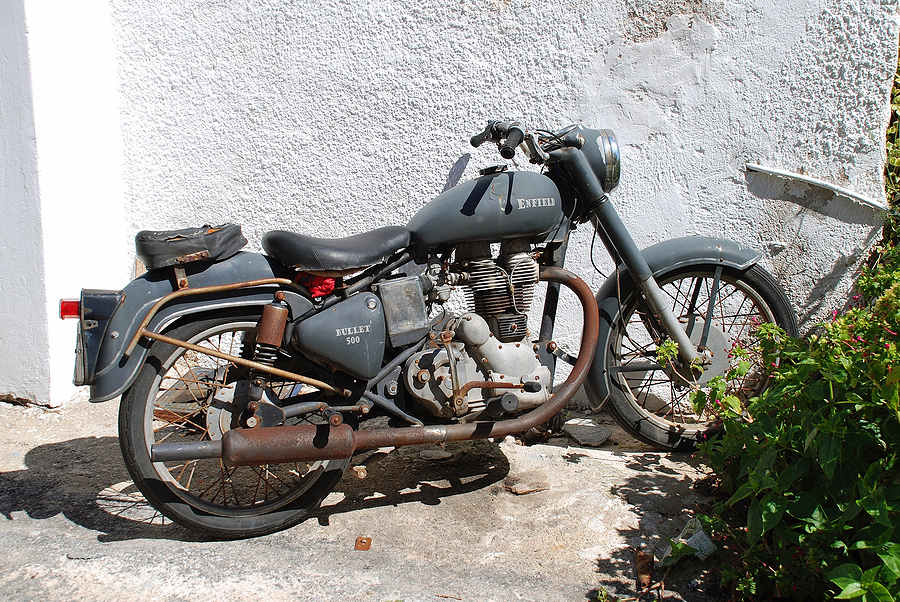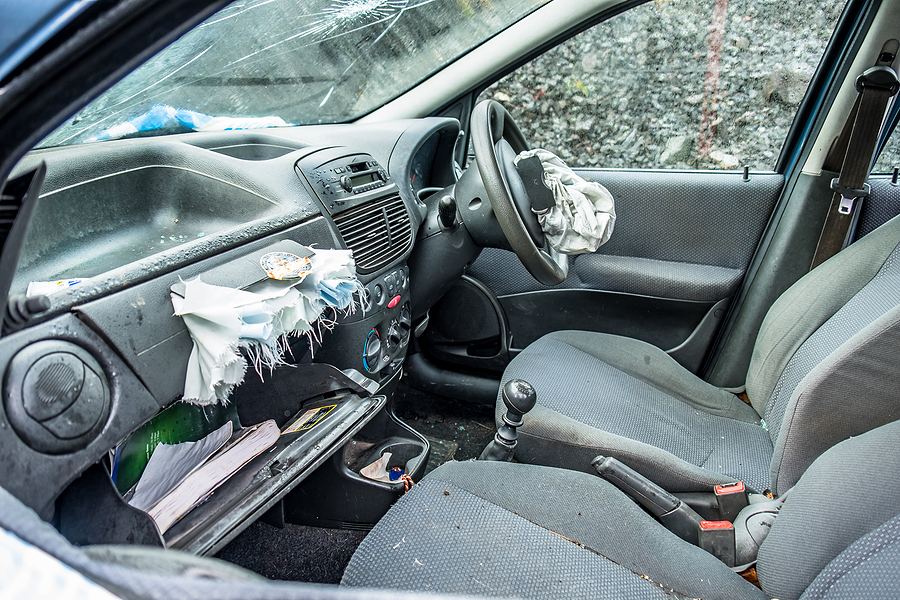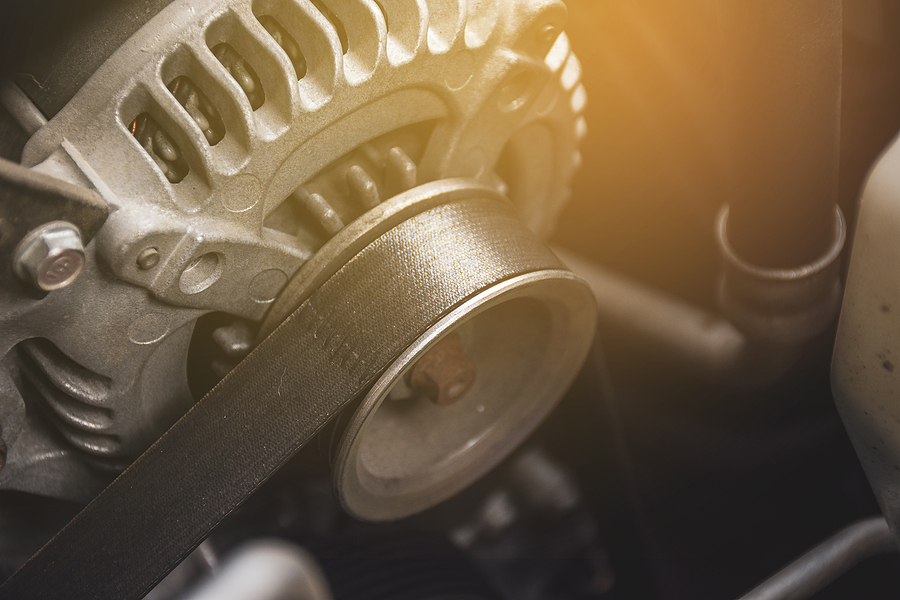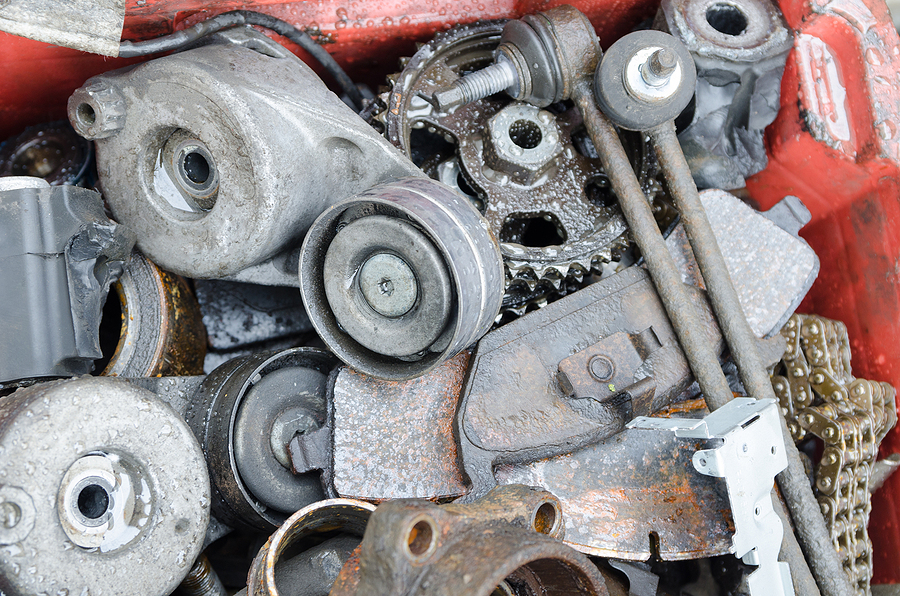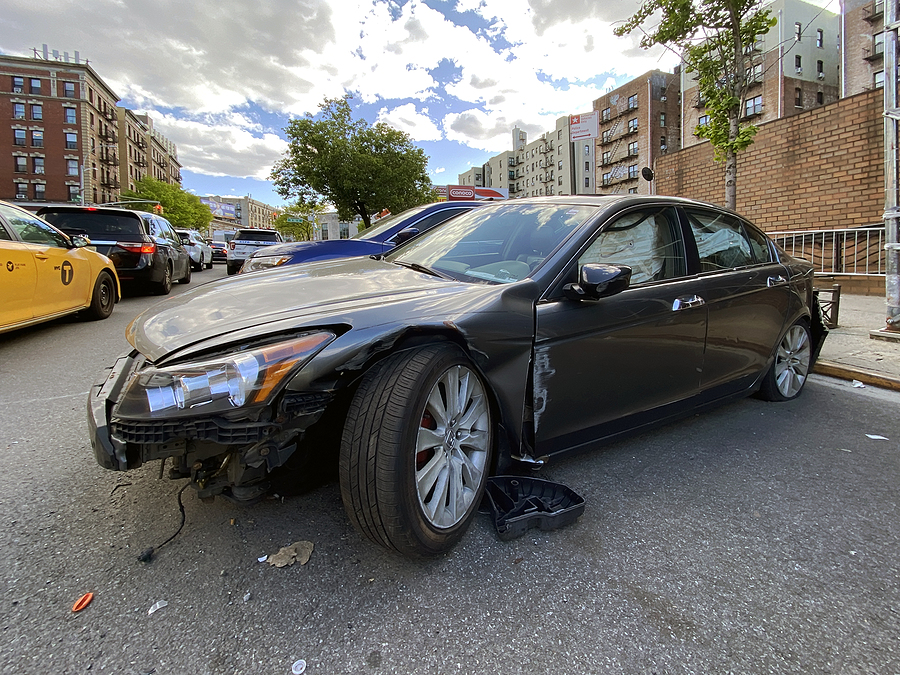Are you an auto enthusiast or DIY mechanic looking for innovative ways to give new life to old car parts? Welcome to a world where junk car components aren’t just discarded; they are revived, reused, and recreated into something extraordinary. This blog post will guide you through the exciting process of repurposing junk car parts. From the environmental and economic benefits to creative DIY projects, we’ve got everything covered. Let’s turn those rusty relics into treasures!

The Benefits of Repurposing Over Discarding
Repurposing junk car parts is not just a trend; it’s a responsible choice that benefits both the environment and your wallet. Here’s how:
Environmental Advantages
Discarding junk cars contributes significantly to landfill waste and environmental degradation. By repurposing car parts, you can reduce waste and lower the demand for new materials, which in turn conserves natural resources. Not only does this practice promote sustainability, but it also reduces the carbon footprint associated with manufacturing new automotive components.
Economic Savings
Repurposing junk car parts can save you a substantial amount of money. Instead of buying new parts, you can extract and refurbish old ones. This approach can cut costs for repairs and DIY projects, making it a financially savvy choice for car enthusiasts and mechanics alike.
Supporting the Circular Economy
When you repurpose car parts, you contribute to the circular economy—a system aimed at minimizing waste and making the most of resources. This not only supports sustainable practices but also fosters innovation within the automotive industry.
Identifying Valuable Parts in Junk Cars
Before you start repurposing, it’s essential to know which parts are worth salvaging. Here’s a guide to help you identify valuable components in junk cars:
- Engine and Transmission – The engine, catalytic converter, and transmission are often the most valuable parts in a junk car. Even if they are not in working condition, individual components like the crankshaft, pistons, and gears can be repurposed or sold.
- Alternators, Starters, and Batteries – These electrical components are always in demand because they contain valuable metals like copper and gold. Even if they don’t work, they can often be refurbished or used for core exchanges, making them valuable assets.
- Body Parts and Interior Components – Doors, mirrors, seats, and dashboards can be repurposed for various DIY projects. They are often in good condition and can be used to upgrade or repair other vehicles.
Tips for Safely Extracting and Storing Parts
Safety first! Extracting car parts can be hazardous if not done correctly. Follow these tips to ensure a safe and efficient process:
- Use Proper Tools and Equipment – Make sure you have the right tools for the job. Wrenches, screwdrivers, pliers, and safety gear like gloves and goggles are essential. Hydraulic lifts and jacks can make the extraction process easier and safer.
- Disconnect the Battery – Always disconnect the car battery before starting any extraction work. This prevents electrical shocks and ensures that you won’t accidentally short-circuit anything.
- Store Parts Correctly – Once you’ve extracted the parts, store them in a clean, dry place to prevent rust and deterioration. Label each item to keep track of its condition and potential use.
Creative DIY Projects That Utilize Repurposed Car Parts
Unleash your creativity with these DIY projects that breathe new life into old car parts:
- Furniture – Turn a car seat into a stylish office chair or a car door into a unique coffee table. The possibilities are endless when you combine automotive parts with a bit of creativity.
- Home Decor – Use headlights as quirky lamps or transform hubcaps into decorative wall art. These projects not only save money but also add a personalized touch to your living space.
- Outdoor Projects – Repurpose tires into garden planters or use an old engine block as a BBQ grill stand. These projects are perfect for adding a touch of automotive flair to your outdoor space.
Tools and Equipment Needed for Repurposing
To successfully repurpose car parts, you’ll need some essential tools and equipment. Here’s a comprehensive list:
- Basic Hand Tools – Wrenches, screwdrivers, pliers, and hammers are fundamental. They are required for almost all extraction and repurposing tasks.
- Power Tools – Drills, angle grinders, and electric saws can make the process faster and more efficient. They are especially useful for cutting and reshaping metal parts.
- Safety Gear – Always wear protective gear such as gloves, goggles, and ear protection. Safety should never be compromised when working with heavy machinery and sharp objects.
Benefits of Selling Junk Car Parts to an Auto Salvage Yard
If repurposing isn’t your thing, selling junk car parts to a junk car buyer or auto salvage yard can be a great alternative. Here are some benefits:
- Quick Cash – Auto salvage yards pay for used car parts, providing a quick way to earn some cash. This can be particularly beneficial if you have a large number of parts to sell.
- Easy Disposal – Salvage yards handle the disposal process, saving you the hassle of finding a buyer for each individual part. They often offer pick-up services, making the process even more convenient.
- Environmental Benefits – By selling parts to a salvage yard, you’re ensuring they are recycled or reused, contributing to environmental conservation efforts.
Conclusion
Repurposing junk car parts is more than just a hobby; it’s a sustainable practice that benefits both the environment and your wallet. Whether you’re extracting valuable components, embarking on creative DIY projects, or selling parts to an auto salvage yard, there are countless ways to give new life to old car parts.
Got some leftover junk car parts you can’t find a use for? Sell them! Contact GC’s Junk Cars at 513-991-4776 today to get a free, no-obligation quote for your scrap automotive parts and pieces! We are eager to help you earn the most cash for junk car parts, today.
Related Posts:
Maximizing Value: How to Profit from Your Junk Car Parts
Industry Insights: The Growing Market for Junk Car Parts
Frequently Asked Questions About Airbags


